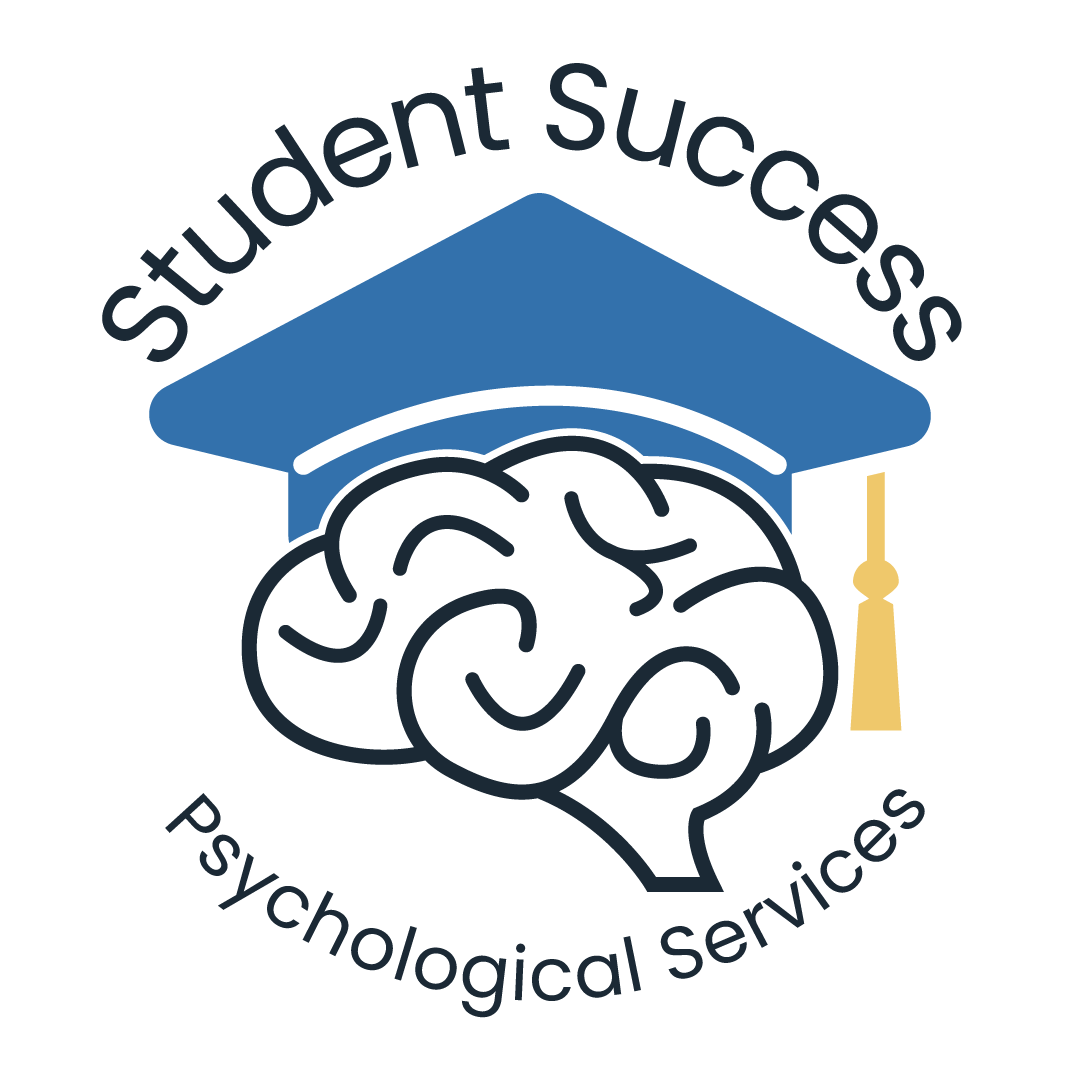What Parents Should Know About Parent Management Training (PMT)
When children struggle with behavioral problems, such as defiance, aggression, or frequent outbursts, it can be incredibly stressful for the entire family. Fortunately, there is a powerful, evidence-based approach that can help: Parent Management Training (PMT). PMT teaches parents practical strategies to reduce challenging behaviors and increase positive ones. Grounded in decades of research, this intervention empowers parents to make meaningful changes at home that directly support their child’s success.
What Is Parent Management Training?
Parent Management Training is a structured program that helps parents learn and apply techniques based on behavioral principles. The goal is to improve a child’s behavior by changing how parents interact with and respond to their child. Developed and refined over decades, PMT is backed by a strong body of scientific evidence.
It is particularly effective for children with:
Oppositional and defiant behavior
Aggressive behavior
Co-occurring issues like ADHD or academic/learning difficulties
How Does Parent Management Training Work?
PMT focuses on teaching skills to parents. It operates on the idea that child behavior can improve when the environment around the child changes, especially the patterns of reinforcement (rewards and consequences) that come from caregivers.
Some key components taught in PMT include:
Positive Reinforcement: Encouraging good behavior by rewarding it with attention, praise, privileges, or other motivators.
Clear Instructions: Teaching parents how to give directions in a way that increases cooperation.
Consistent Consequences: Helping parents apply time-outs or privilege removal in a calm, predictable way.
Monitoring and Tracking Behavior: Learning how to observe and track improvements without reacting emotionally to every issue.
Daily Positive Interactions: Building strong relationships through structured play and shared activities.
What Makes PMT Effective?
According to research, PMT is one of the most effective treatments available for children with disruptive behavior problems. The outcomes are not only statistically significant but also clinically meaningful, meaning behavior problems are reduced to levels that no longer interfere with everyday life.
Studies have shown:
Improvements are often maintained for months to years after treatment ends.
Significant reductions in aggression, defiance, and rule-breaking
Gains can generalize across settings (like school, home, community) and to other areas like sibling relationships.
Parents also report reduced stress and more confidence in handling difficult situations.
What Should Parents Expect? Is this Right for my Family?
PMT is typically delivered in weekly sessions over a few months. Sessions are structured, with therapists teaching and modeling techniques, using role-playing, homework assignments to practice skills at home, and feedback to review progress. The therapist’s role is to coach and support. Importantly, PMT focuses on changing parent behavior, not trying to “fix” the child. Parental consistency and commitment to practice are key to success.
PMT works best when:
Parents are willing to actively participate and practice between sessions
There is consistent attendance and follow-through
The home environment allows for structure and support
If your child’s behavior causes serious stress at home, affects school performance, or leads to conflict with siblings, PMT is a research-backed option worth exploring. Behavior problems can feel overwhelming, but you are not alone, and effective help is available. At Student Success Psychological Services, we’re here to support you in that journey. Visit our website to hear more about how we use PMT to support your child’s behavior, and fill out a contact form to get in touch.
References
Kazdin, A. E. (2005). Parent Management Training: Treatment for Oppositional, Aggressive, and Antisocial Behavior in Children and Adolescents. Oxford University Press.

